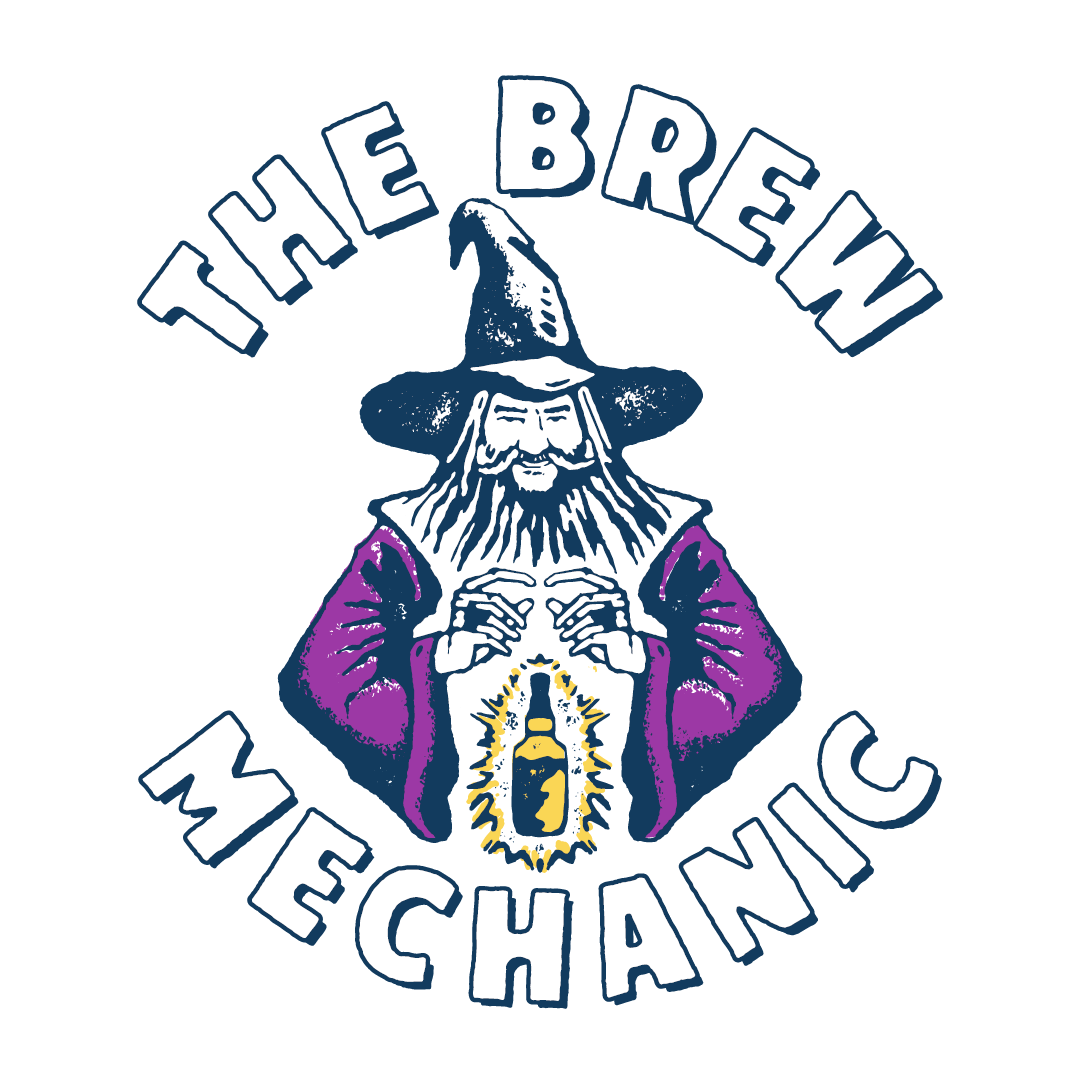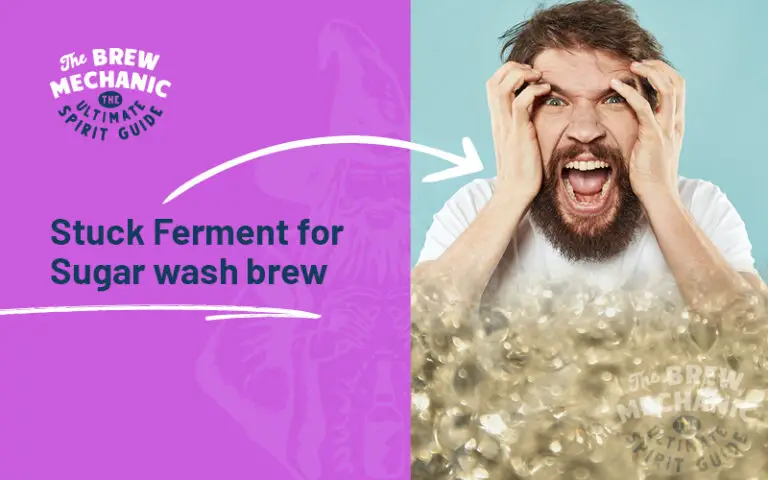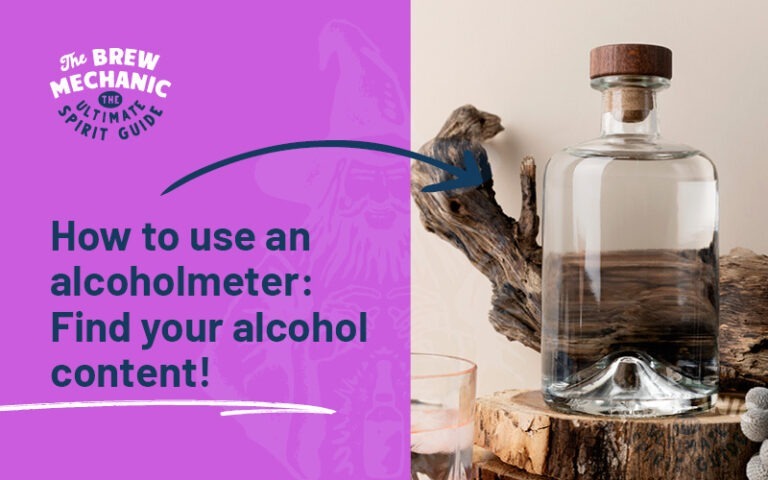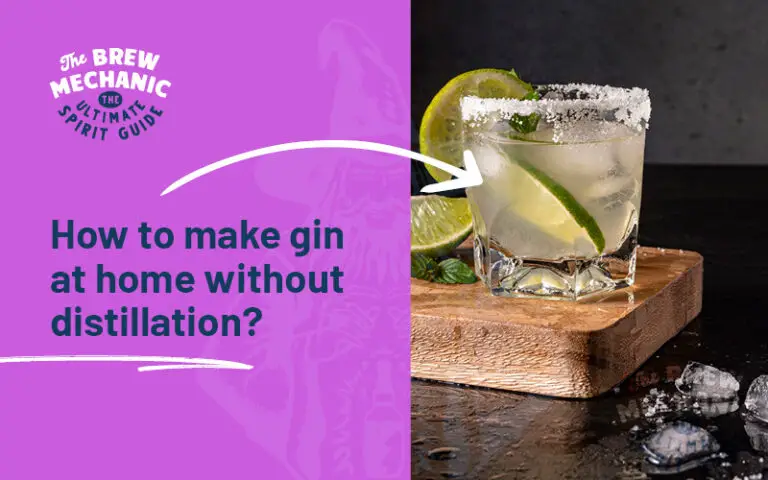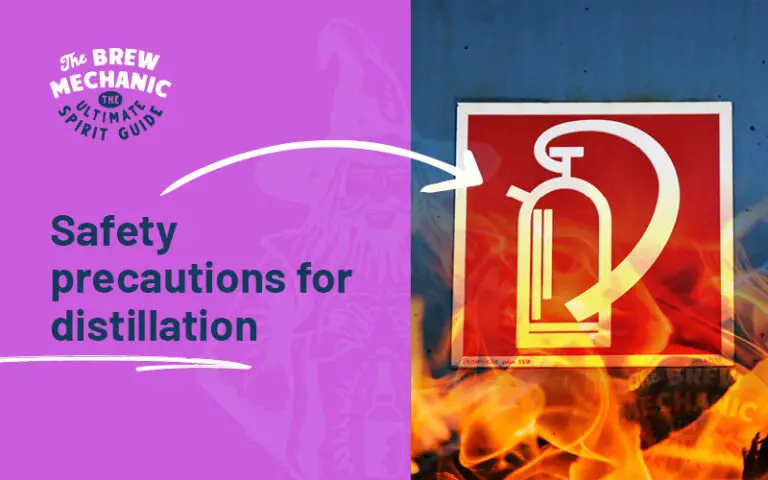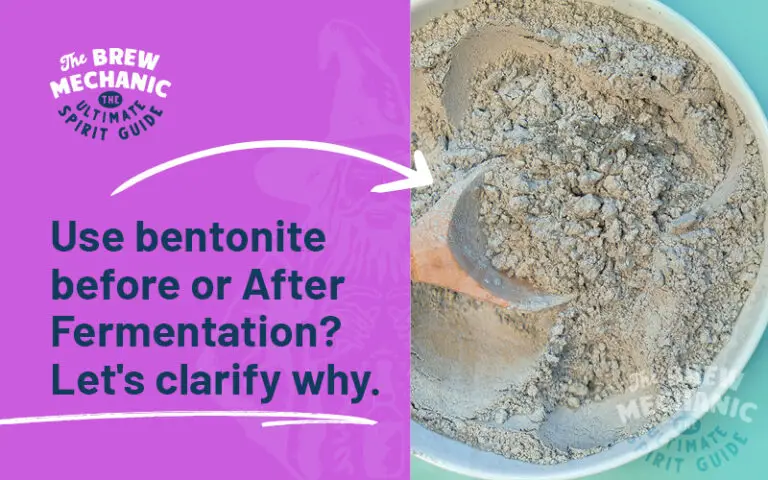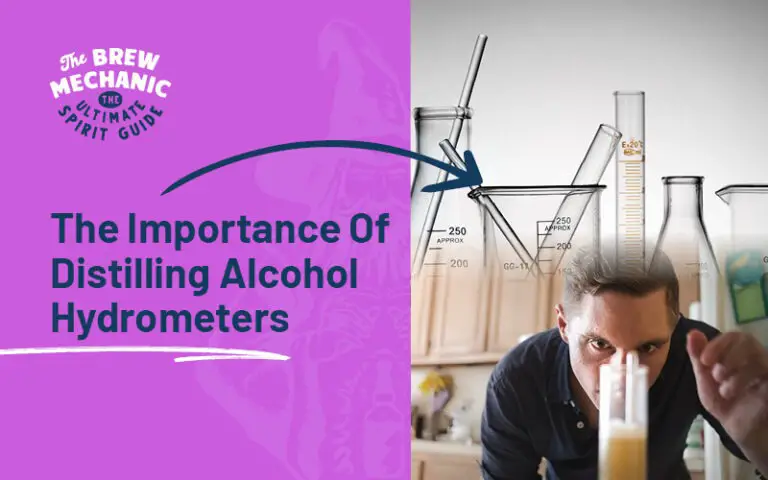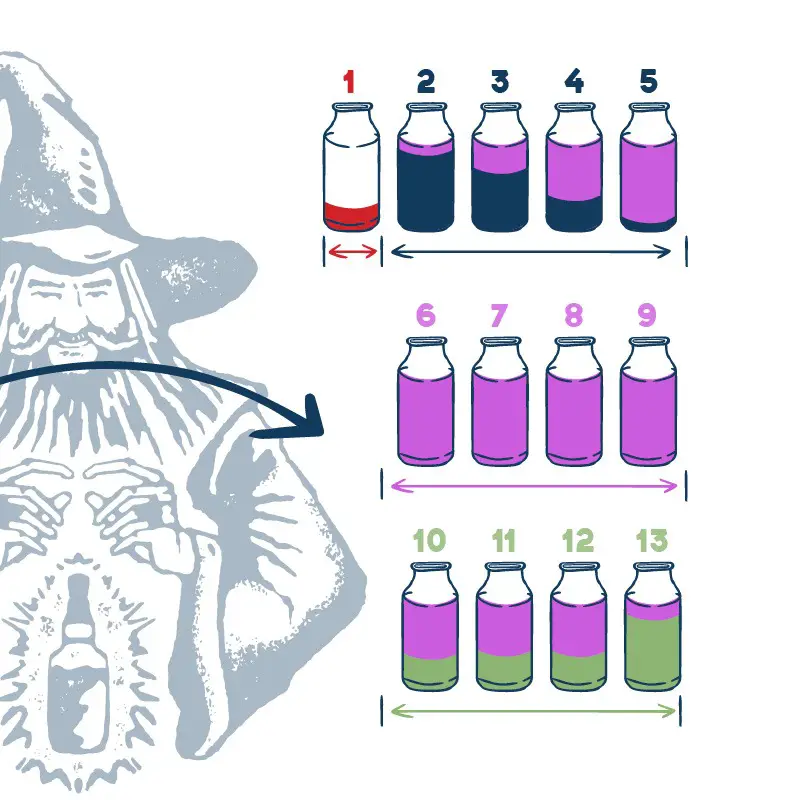The difference between distilled water and deionized water. Why know?
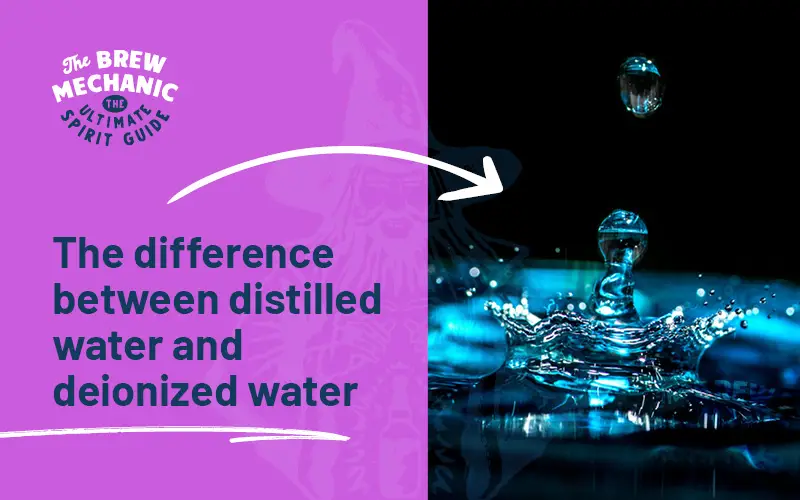
Disclaimer: This post might include affiliate links, through which I may earn a small commission without any extra cost to you. Additionally, I am an Amazon Associate and earn from eligible purchases. All the products and services I suggest are ones I have personally used or would use. Thank you very much for your support if you decide to buy through any of my links!
Come join the Distilling Squad!
Get the best fundamental tips & tricks here. Woohoo!
Lots of people confuse distilled water with deionized water. There is a big difference between distilled water and deionized water in terms of cost and use.
We explain each water type and then provide an answer on the correct water for diluting your alcohol. In short, the water needed to dilute alcohol is either filtered water or rainwater.
Firstly, what is Deionized Water?
Deionization plant in industry uses Cation and Anion catalysts to remove all ions and make the water completely neutral. This neutral water is used as feed for boilers in industry.
You can drink but not recommended as the water has no ions (magnesium, calcium and iron) in it and would be harmful to the body over a long period.
No, this won’t work for diluting with alcohol.
Secondly, what is Distilled Water?
This process is when water has been boiled and turned into steam (vapour) in a column scrubbed and condensed (cooled) back into a liquid state.
Simply the impurities are left in the boiler and only the pure water is captured. Distilled water is often used in industry, laboratories, batteries etc.
Another no, we don’t want to use distilled water or dilute our alcohol with it.
Now, what is the difference between distilled water and deionized water
In short, no. Distilled water and deionized water are not the same.
Deionized water is created by using cation and anion catalysts to remove all ions, making the water completely neutral. It is often used in industrial boilers.
On the other hand, distilled water is produced by boiling water into steam and then condensing it back into a liquid, leaving impurities behind. Distilled water is commonly used in industries, laboratories, and batteries. While both are highly purified, their processes and uses differ significantly.
Now we know the difference between distilled water and deionized water, it is no for diluting alcohol.
What is Filtered Water?
This process uses filters to capture the impurities from the water. This is more commonly used for drinking water purposes also known as purified water. There are several types of water filtration systems here are a few to mention.
Yes, this is great for diluting your alcohol with it.
What is boiled water?
Boiled water is not the same as distilled water. Boiling the water will kill the bacteria and other bugs but will not remove the minerals and salts from the water.
Another no, we don’t want to dilute our alcohol due to the minerals and salts.
What is tap water?
Using tap water is fine but has mineral salts, and chlorine in it that can influence the alcohol taste when diluted. Do a test to see the strength of the mineral salts.
Rain Water for Alcohol Dilution?
Here rain water is compared to distilled water. But you must confirm it is safe for drinking.
Yes, this is great for diluting your alcohol with it.
So many water types: What is good for diluting alcohol?
I would say filtered water, rainwater and purified water are fine for diluting alcohol as the mineral salts have been removed and will not influence the taste or aroma of the alcohol.
The good thing we discovered the difference between distilled water and deionized water so that is out of the question!
Last Updated on June 20, 2024 by The Brew Mechanic
Disclosure: I may receive affiliate compensation for some of the links below at no cost to you if you decide to purchase a product or service. You can read our affiliate disclosure in our privacy policy. The information provided is for entertainment only.

With 35 years of knowledge of being a chemical engineer in alcohol manufacturing plants, my mission is to teach the next generation of home distilling alcohol brewers at a supernatural speed.
My reviews are based on real-life experiences with reflux stills, sugar wash, troubleshooting and mystical chemical reactions.
